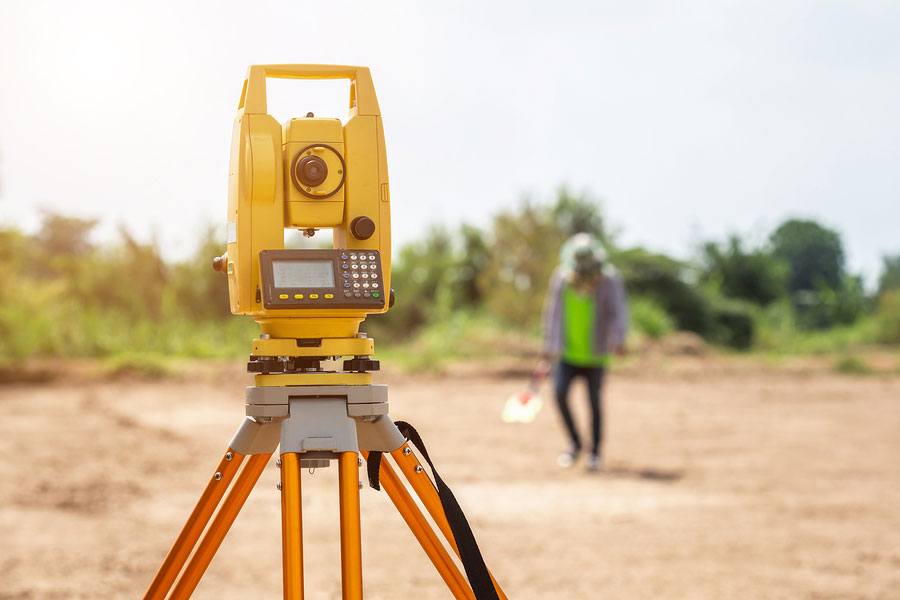An essential part of today’s construction process is the pre-construction phase. You might also see this referred to as “preconstruction” or “precon.” While it’s exciting to have a new project underway or on the horizon, it’s important to pay close attention to what is going on behind the scenes before any dirt is moved or tools touched so that your project remains on track and on budget from start to completion.
What is Pre-Construction Planning?
Pre-construction planning involves the early due diligence that will ultimately make your project a success. When you choose a design-build team, they will immediately sit down with you to discuss your project goals and then work on preliminary drawings and budgets.
Some of the other topics that will be covered in pre-construction planning are environmental assessments, permitting research, and planning your project from start to finish. Before any ground is broken, you’ll want to have a scope of work, budget, and schedule in hand.
Scope of Project
When you develop the scope of the project with your design-build team, it will give you some valuable insights into what lies ahead. This is going to include such items as a thorough and complete review of the plans, technical specs tied to the project data, and any constraints that the project might face.
Your project will move from an initial vision into something that is cemented by documentation. This will define whether or not the project is feasible from a design standpoint and give some initial insight into project costs.
When the scope of the project comes into focus, the client will be able to comprehend timelines, equipment options, site plans, any risks involved, and design specifications. This phase also ensures that the design-build team is thoroughly familiar with the project and its principals.
Developing a Budget
One essential aspect of pre-construction planning is putting together the anticipated budget for the project. A cost analysis helps determine whether it is feasible to complete a project according to the designs, materials needed, and desired timeline.
A budget estimate is often produced prior to starting construction, and it can be adjusted during the project. It’s important to note that there are fewer change orders and adjustments needed when you use the design-build process as opposed to traditional design-bid-build. This is because you are only working with one entity from start to finish, which creates a more efficient process.
Project Schedule
Most project owners have a time period in mind when embarking on a new project. Maybe your operations have outgrown their current space, or you are expanding and have a new need. Not only do want to have an estimated completion date for your project but also deadlines for certain milestones along the way.
Having a project schedule is one way to ensure that your project remains on track and also on budget. There are deadlines for steps likes materials procurement and getting permits. The pre-planning of your entire project schedule will ensure that you save time and costs over the life of the project.
Contact K-Con, Inc. to Begin the Process for Your Next Project
Ultimately, the pre-construction planning phase will vary slightly according to the nature of your project. If you are thinking about expanding or have a need, the team at K-Con, Inc. understands the importance of spending the time and resources at the front end so that there are no surprises later.
We are an experienced Design-Build contractor that fully integrates the design and construction of your pre-engineered building to save you time and money. K-Con works with government entities as well as commercial clients to build quality structures that are fully customizable.
Contact us now to learn more about our solutions and get started on the pre-construction phase of your next project.

